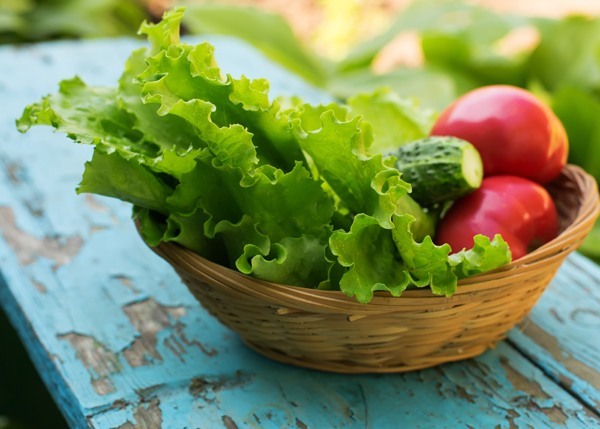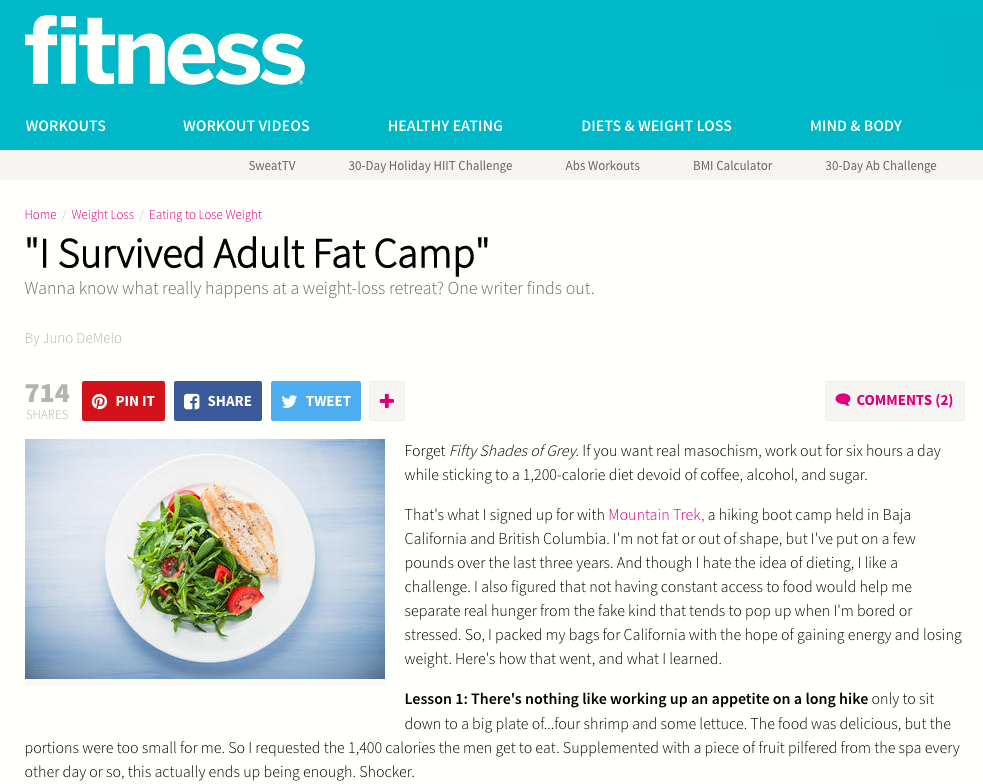You Are What You Absorb
By Jennifer Keirstead, Holistic Nutritionist
Are you speed-eating, and getting a “food hangover”?
Given that we rarely chew our food properly these days, you might say that chewing is somewhat of a lost art. In this fast-paced world of rushing here and there, we are literally shoving food down our throats, and inhaling our meals as if we’re not even conscious of what we’re doing. We eat in our cars, on the subway, and while walking down the busy sidewalk. I’ve even caught myself eating over the kitchen sink.
We’re hearing more about the “slow food movement”, but still too often, we’re finding ourselves with no time to even slow down to eat, and here’s the problem: with this “speed-eating”, comes a lost opportunity for optimal health and well-being. This is why . . .
Many of us are quite familiar with eating our foods so fast, that we’re left burping, bloated and with what I often refer to as a “food hangover”. Digestion is directly linked to the health of our cells; therefore chewing is a very basic way to improve our overall health.
The more we chew our food, the less work we leave for the rest of our digestive organs; including the stomach, pancreas, liver, gallbladder, and all 27 feet of intestines.
Digestion begins in the mouth. This is because our saliva produces the enzyme amylase, which begins the digestion of carbohydrates. Food must be mixed and chewed very well in order to release its full potential of nutritional value. As a bonus, you may also notice that the more you chew your food, the better it tastes, as more nutrients are released this way. You’re always hearing, “you are what you eat” but looking a little closer we see that, “you are what you absorb.” You can be eating the most nutritious foods in the world but if you’re not absorbing the nutrients, they’re of very little value.
Here’s the thing; the art of chewing doesn’t allow for modern-day habits such as eating on the run or grabbing a quick bite. To chew properly, one must sit, relax and enjoy their food. However, this doesn’t mean that sitting in front of the TV is the best option either. We want to engage in what I like to call “conscience eating”; almost like in our yoga practice. We want to be focused on the food on our plate, what it tastes like, thoroughly chewing and even putting our fork down in between each bite. Dining in the company of family and friends is encouraged because eating with others often encourages conversation, which slows down our eating; allowing us to chew.
The key is to be as relaxed as possible when we’re eating. A relaxed mind equals a relaxed digestive system. The act of chewing is actually relaxing in itself. So, we could actually say that digestion begins in the brain!
Chewing helps prevent the heavy feeling that sometimes follows a meal. It also helps in the management of a healthy weight by slowing down the eating process, allowing the body to signal the brain when it’s full. So even though it might take you a little longer to eat, understand that many of us eat much too fast and might pay the price with our health down the road.
Give it a try and chew your food! After all, “your stomach doesn’t have teeth.”
What is Mountain Trek?
Mountain Trek is the health reset you’ve been looking for. Our award-winning health retreat, immersed in the lush nature of British Columbia, will help you detox, unplug, recharge, and roll back years of stress and unhealthy habits. To learn more about the retreat, and how we can help you reset your health, please email us at info@mountaintrek.com or reach out below:








